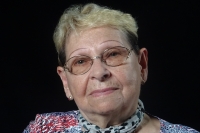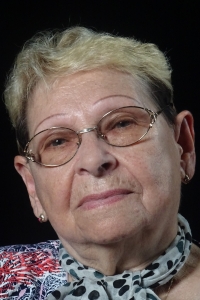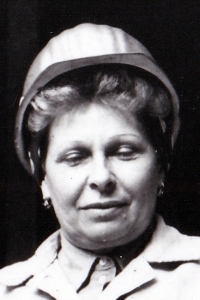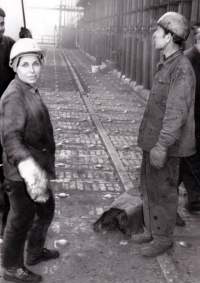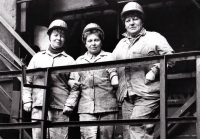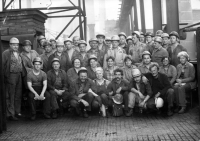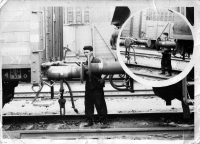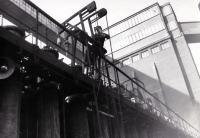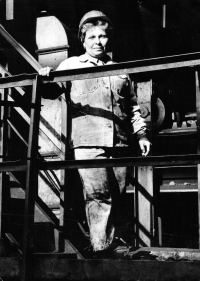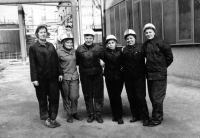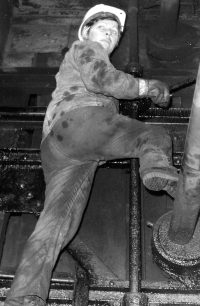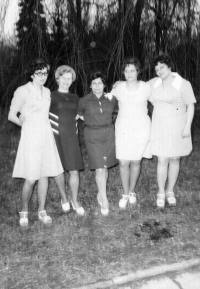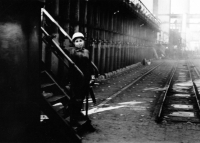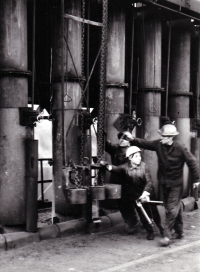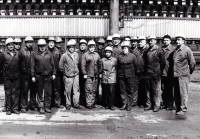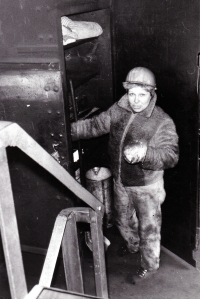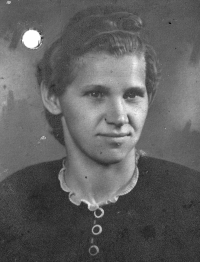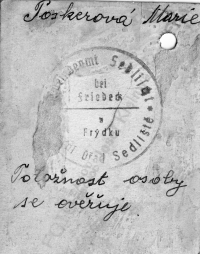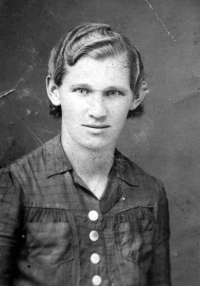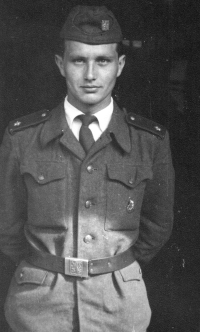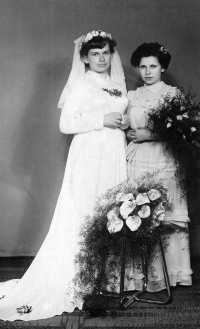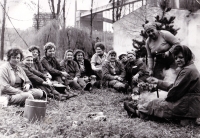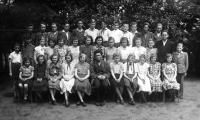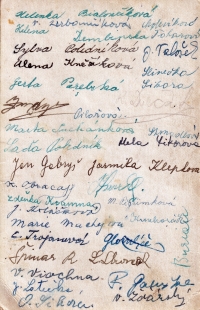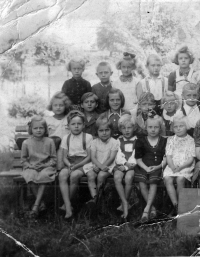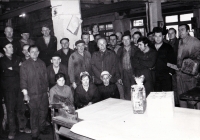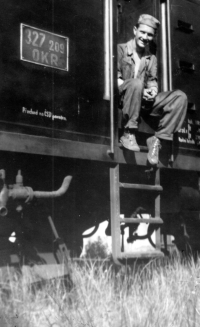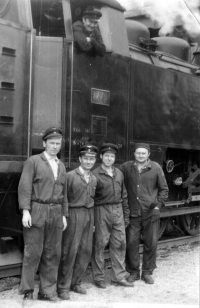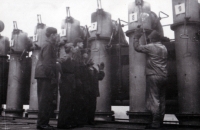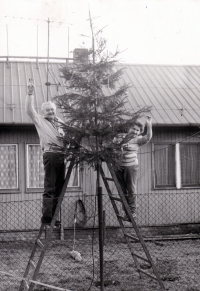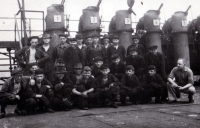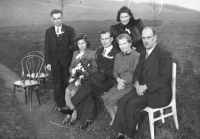Working as a machine lubrication worker in a coking plant was nothing to sneeze at. How many times I cried
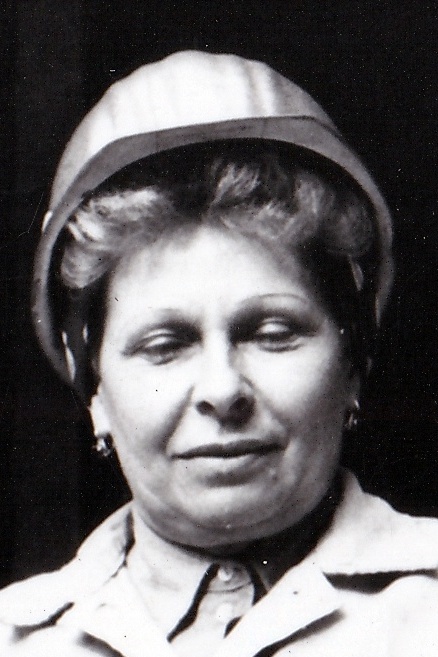
Download image
Marie Voznicová was born as Poskerová on November 8, 1939 in Sedliště in Frýdek-Místek area in the then Protectorate of Bohemia and Moravia. Her father was a miner, her mother occasionally helped the farmers in the fields. Parents used to live in Doubrava. They claimed Czech nationality. After the annexation of Těšín Silesia to the German Empire, they fled to Sedliště in the protectorate. Marie experienced the crossing of the front there in 1945. German and Soviet soldiers changed in their house. After the end of the war, she moved to Doubrava with her parents and siblings. She learned to be a hairdresser. At the age of eighteen, she married Jaroslav Voznica. She had three children with him. From 1974 to 1994, she worked at the ČSA Coking Plant in Karviná as a machine lubrication worker. She lubricated dirty machines and equipment in the operation of blast furnaces. In 2022, she lived as a widow in Karviná.
